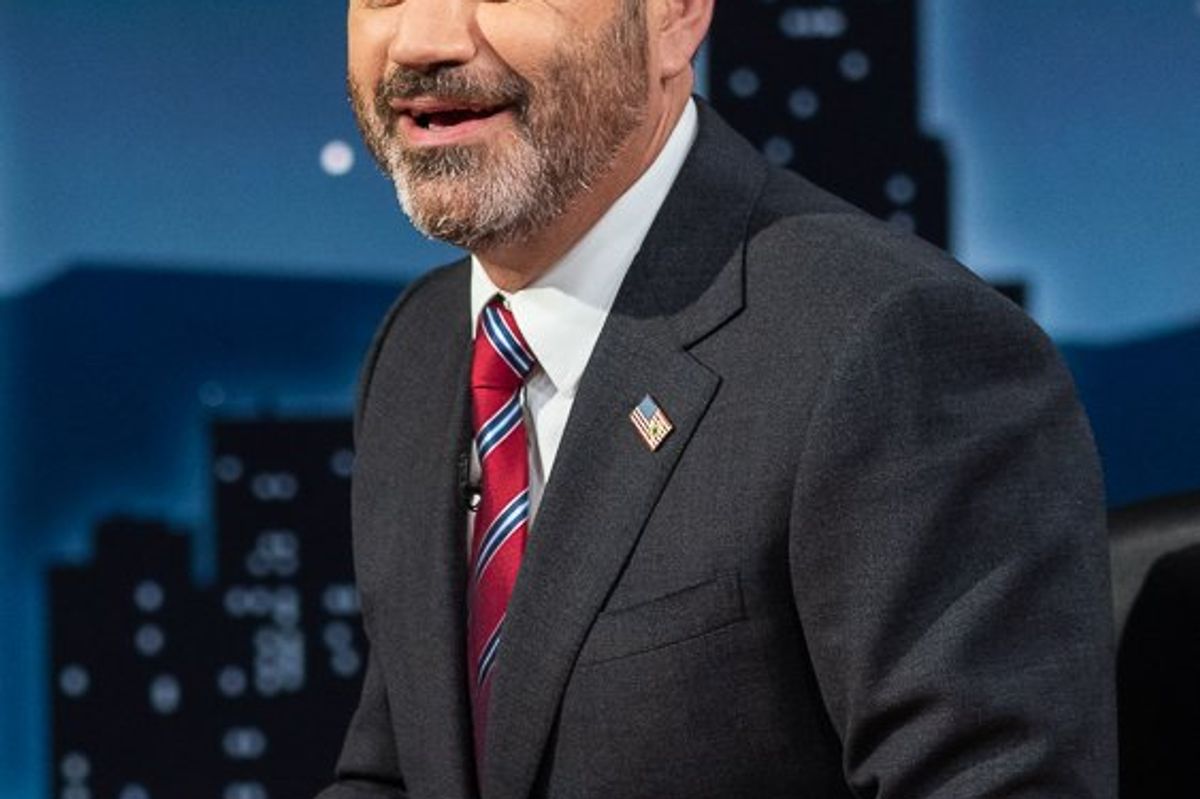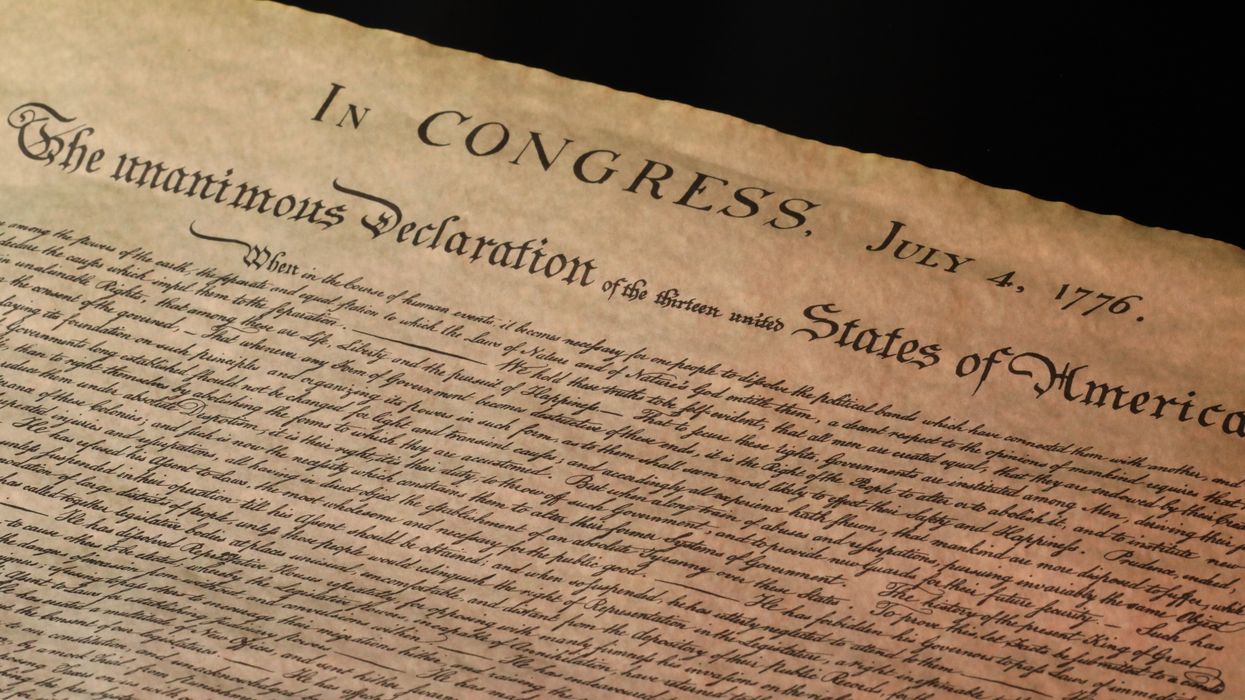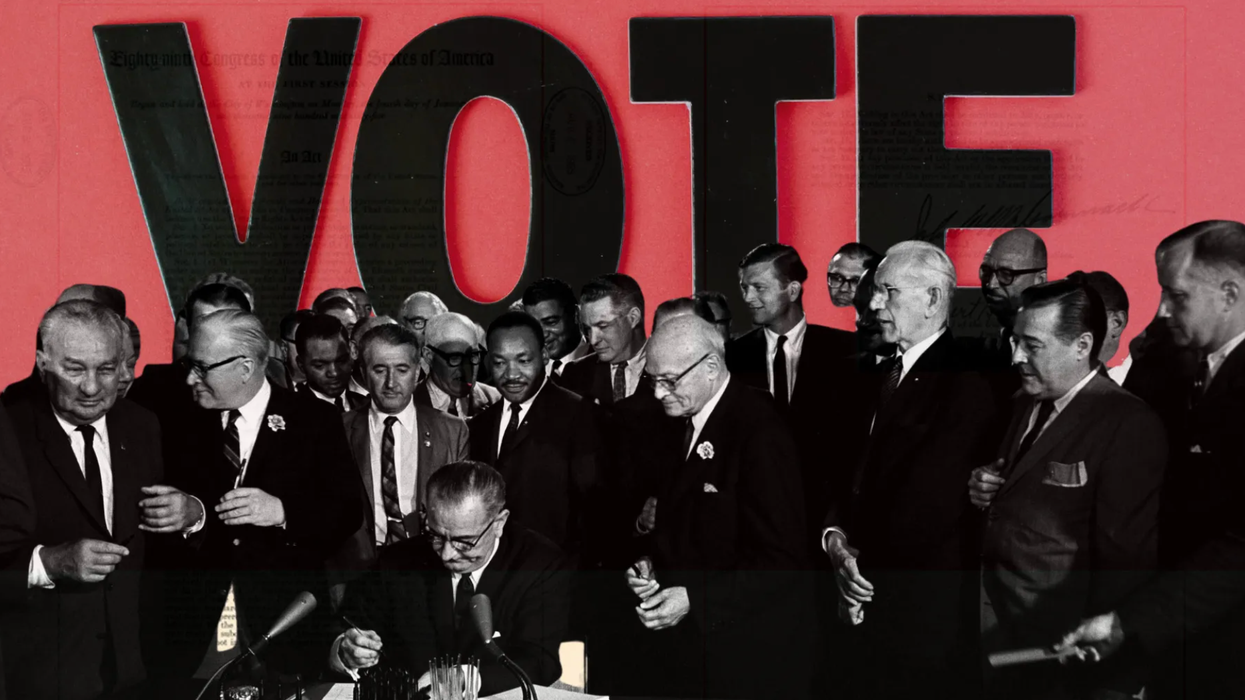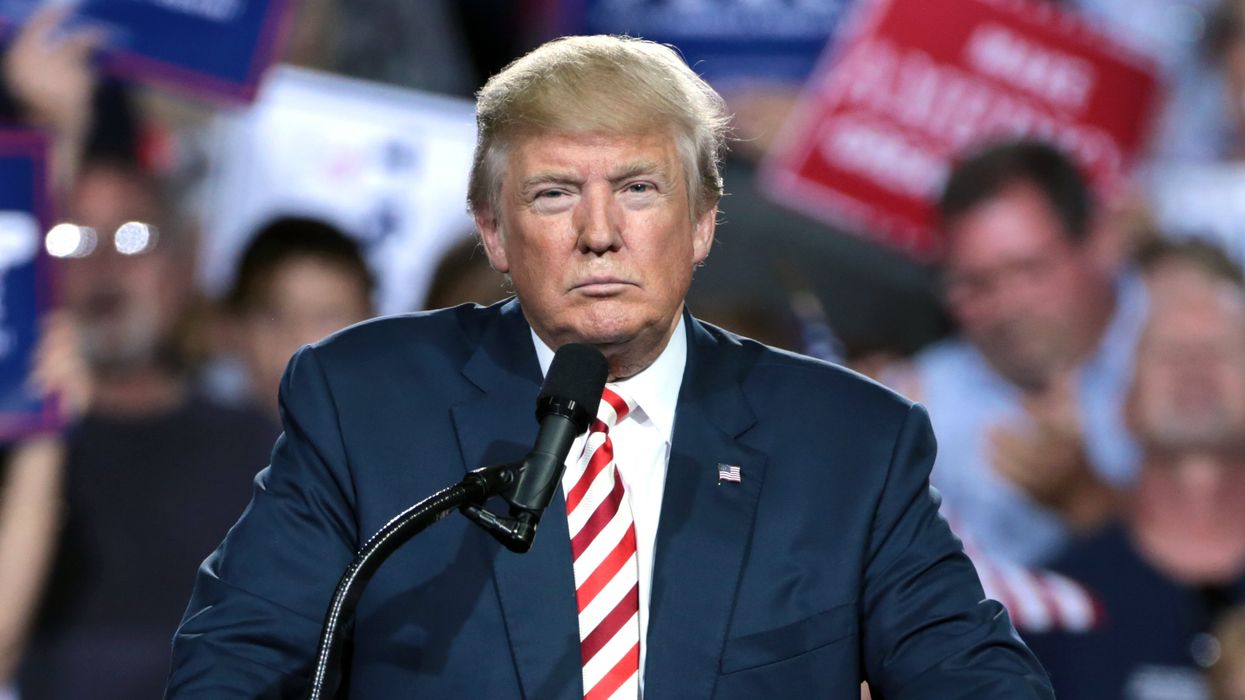When Donald Trump called into Fox and Friends on Tuesday August 19th and mused that "I want to try and get to heaven, if possible," citing his role in the Ukraine peace process as a potential ticket upward, he offered far more than a personal aside.
It exposed the ethos of the man where redemption is transactional, compassion is conditional, and leadership is measured not by empathy but by negotiating oneself to heaven.
None of this should be a surprise to anyone who has watched him for over a decade. Trump's reflection is devoid of empathy and displays a total lack of caring or emotion. The reflection is more about himself and his values of personal gain and perhaps even management of his reputation; for what would people think if he didn't go to heaven?
This moment invites deeper scrutiny:
- What does it mean when a president frames peacemaking not as a moral imperative, but as a strategic move in his spiritual ledger?
- What does it reveal about a man who shows little compassion or love for the less fortunate amongst us?
Trump's framing of "if I can get to heaven, this will be one of the reasons" is in many ways similar to his general approach to life as a transaction. The statement suggests a quid pro quo approach to virtue. His behavior is in shocking contrast to the traditional American virtue of moral leadership rooted in empathy, sacrifice, and care for others.
So many thoughts come to mind as one tries to wrap one's head around Trump's desire to go to heaven. When I hear him speak of his desire to "save 7,000 people a week" by bringing peace in Ukraine, I see this more as a marketing ploy to use compassion as a tool, given how he shows no signs of compassion on the domestic front on issues of immigration, public health, or racial justice.
I see Trump playing a Ukraine peace deal as typical Donald Trump: an attempt to negotiate himself into heaven through geopolitical maneuvering. This reflection on Fox reveals a great deal about the broader ethos of Donald Trump. Who else would treat diplomacy, faith, and even redemption as negotiable assets?
Since surviving an assassination attempt, Trump has adopted a more overtly religious tone. Of course, given Trump's propensity to brand everything, it is not unreasonable to question whether this was a genuine transformation or a strategic rebranding to shore up support from the religious right.
In a time when democratic institutions are at serious risk due to the actions of Donald Trump through polarization and performative politics, the character of leadership matters more than ever. Grand gestures or self-serving declarations do not measure authentic moral leadership. Still, instead, it is revealed in the honest expressions of caring and the capacity to see others not as props in a personal drama but as fellow Americans all deserving of dignity.
Trump's Fox and Friends reflection speaks to the man and should raise concerns about his leadership ability. Great leaders are not just strategists and management experts. They understand and feel the pulse of the nation they lead.
Contrast this with the legacy of leaders who understood peace not as a trophy to be used for personal gain. Mandela's long walk toward reconciliation, Carter's tireless diplomacy rooted in human rights, and King's call to love even in the face of hatred were a moral authority that did not stem from divine reward-seeking but from a radical commitment to justice, empathy, and shared humanity. For them, peacemaking was not a path to heaven but instead the essence of who they were as individuals.
As Americans reflect on this passing comment, we should reflect on what we see in the man. If redemption is merely a brand, and compassion a tool for leverage, then what becomes of the public trust? What becomes of the moral fabric that binds a pluralistic democracy together?
In a democracy, moral leadership must not be based on receiving divine reward systems or reduced to strategic branding. It must be lived, felt, and practiced in the public square, where empathy, accountability, and shared purpose shape the soul of our institutions.
New York Times columnist David Brooks once observed that “Trump’s behavior has aroused great moral indignation. It has aroused in people’s hearts a sense that something sacred is being trampled.” That indignation stems not merely from policy disagreements, but from a deeper unease, a sense that the soul of leadership itself is being hollowed out.
When compassion becomes a branding tool and redemption a strategic asset, we risk losing the moral compass that binds a pluralistic democracy. American leadership must address economic and financial conditions, but it must be rooted in empathy, integrity, and the courage to serve something greater than oneself.
Consider the moral compass citizens should expect from those in power and ask whether redemption without love can be redemptive. Authentic moral leadership begins not with off-the-cuff reflections on Fox and Friends, but with the courage to confront one's limitations and the heartfelt compassion and understanding that comes with the responsibility of leading a nation.
David Nevins is co-publisher of The Fulcrum and co-founder and board chairman of the Bridge Alliance Education Fund.




















